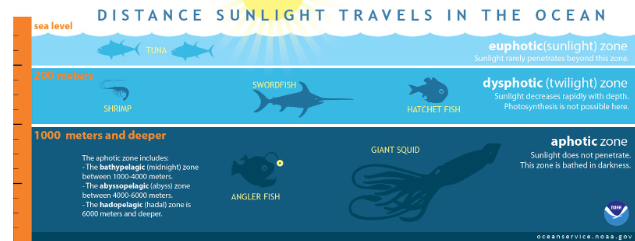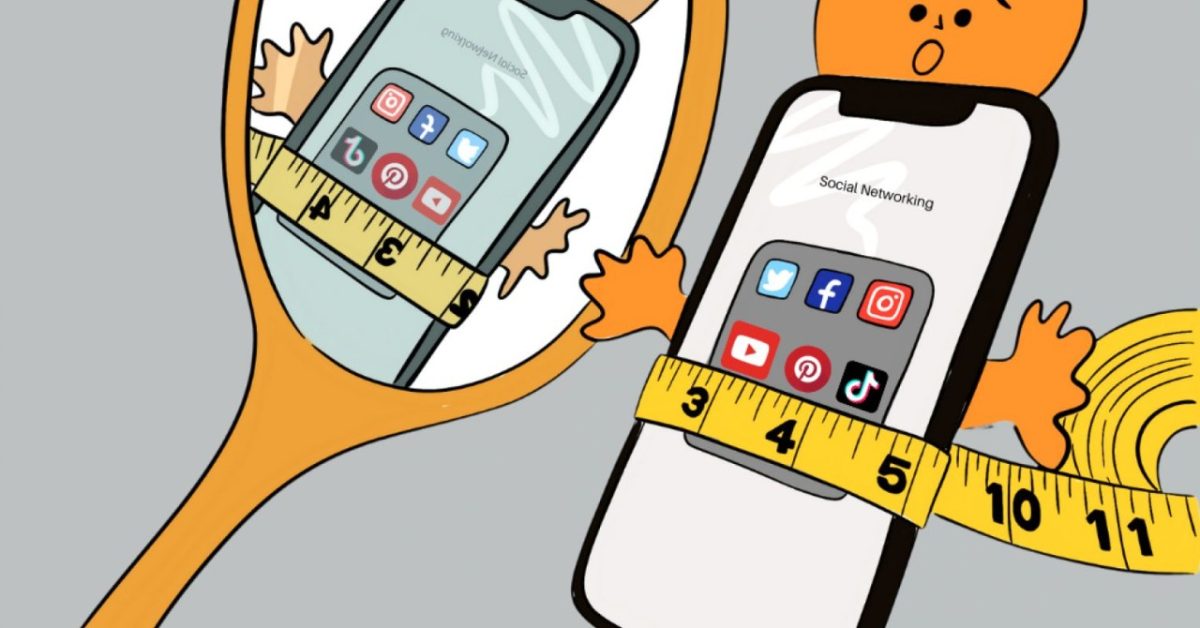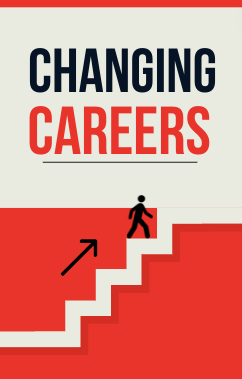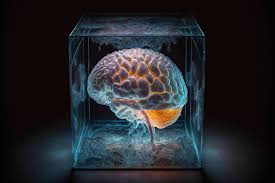Music has a profound impact on our lives, invoking emotions, bringing joy, and creating lasting memories. However, its influence extends far beyond mere entertainment. Scientific research has revealed that music can positively affect the brain in numerous ways. In this article, we explore the various benefits of music on brain function and human behavior.
According to John Hopkins Medicine, listening to music provides a “total brain workout” and can significantly reduce anxiety and blood pressure. Additionally, it has been found to improve sleep quality, mood, mental alertness, and memory. Researchers at John Hopkins utilized fMRI (functional Magnetic Resonance Imaging) to observe the brains of jazz performers and rappers, highlighting how music stimulates the brain even while lying down.
Some suggest that listening to music can jumpstart creativity and improve cognitive skills. Remarkably, music has shown promise in aiding those with cognitive loss such as Alzheimer’s disease patients. Even when conversation becomes difficult, music from the patient’s youth can elicit a powerful effect on the mind by increasing blood flow to the brain regions responsible for emotions and memory, like the limbic system. This demonstrates music’s ability to generate and control emotions, evoking memories and fostering a sense of connection.
Studies have shown that for women during labor, music can serve as a form of pain relief, as noted by Pfizer.com. Furthermore, music has been found to trigger pleasure centers in the brain, releasing dopamine, a neurotransmitter associated with happiness, according to The University of Arizona – Global Campus. Additionally, music has been shown to boost immunity by increasing the production of antibodies and cells that protect against bacteria and foreign diseases.
The University of Central Florida (UCF) Offered a course called “Music and the Brain” which explored how music impacts brain function and human behavior. According to the Article, dating back to 2017, music has been found to reduce stress, alleviate pain, and improve cognitive skills. Notably, individuals with neurodegenerative diseases like Alzheimer’s and Parkinson’s respond positively to music, as it can alter time perception, enhance communication, and strengthen the immune system.
Music preferences vary based on backgrounds, as highlighted by The University of Central Florida. Studies suggest that people with dementia respond better to music they’ve grown up listening to, indicating the emotional memories associated with specific songs. Different genres of music can serve different purposes, such as providing an energy boost for learning or promoting calmness and focus. Understanding how music interacts with the mind allows for an active influence on one’s emotional state and cognitive abilities.
The evidence is clear: music has a profound and transformative effect on the brain. From reducing anxiety and improving mental well-being to enhancing cognitive skills, relieving pain, and boosting immunity, music offers a wide range of benefits. Whether it’s through listening to familiar tunes or exploring new genres, the power of music can positively impact our lives, fostering emotional connections and promoting overall brain health. So, turn up the volume, let the melodies flow, and enjoy the remarkable benefits that music brings to your mind and soul.
SRA student, Danika Ivancic, states “I have a playlist for every mood. If I’m not feeling the greatest I’ll listen to my sad playlist and usually it makes me feel worse. So music always impacts my mood.” to express how certain music may trigger specific emotions.
“Music can amplify your own emotions, affecting your mood and associating memories with said songs, making it very popular and its art form, because it’s up to you to choose what type of music you like,” says Junior, Stephone Zuniga, on why he feels music can affect others depending on what genre they may listen to.
Cited Sources:
https://www.uagc.edu/blog/how-does-music-affect-your-brain
https://www.ucf.edu/pegasus/your-brain-on-music/
https://www.pfizer.com/news/articles/why_and_how_music_moves_us







































